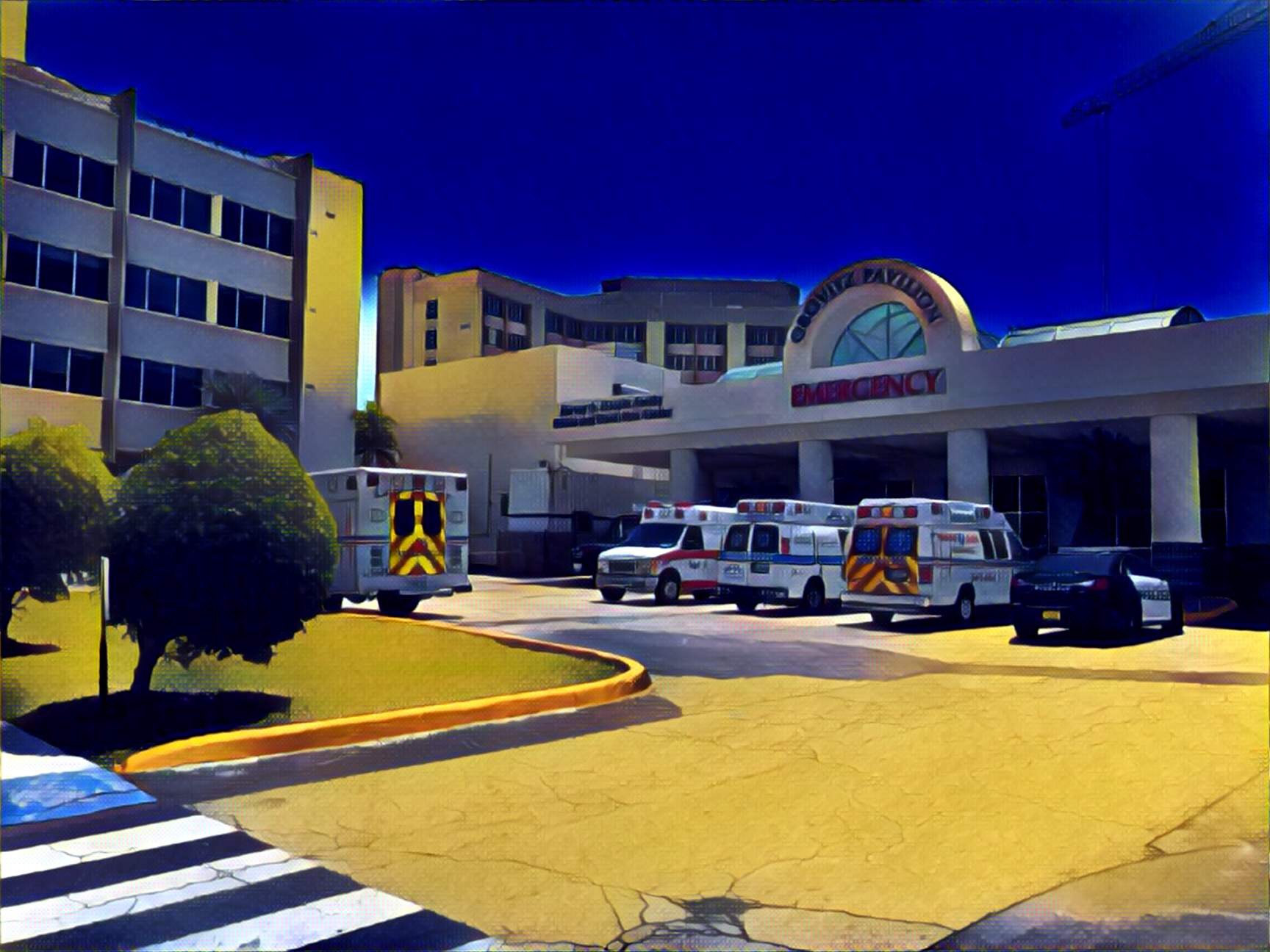A quick 2 minute update on the most current literature that might impact your practice in the ED.
Week 5:
Use of Ultrasound during CPR
(Huis et al., Resuscitation 2017)
Study Question: Authors wanted to know if the use of POC US during CPR significantly lengthened the duration of pulse checks.
Bottom line: This was a single center prospective cohort study which enrolled 23 patients. Patients who received POC US during CPR had pulse checks with a mean duration of 21s, whereas those without POC US had pulse checks with a mean duration of 13s.
Limitations: Small sample size, single center study - might not be "generalize-able".
Take away points: Whereas this paper might sound like bad news to the EM-ultrasound gurus out there (sorry Newberry and Kinas), I feel like it indirectly tells us that we as ED docs can do better (and be faster) at performing POC US during CPR. The bedside US is such an important and useful diagnostic tool that it should be included in the care of your most critically ill patients. --BF
Week 4:
Epi, old people and anaphylaxis
(Kawano et al., Resuscitation 2017)
Study Question: The authors wanted to know if there were any differences in cardiac complications as a result of the administration of epinephrine in younger versus older patients presenting with anaphylaxis.
Bottom line: This was a restrospective study which took place in 2 Canadian EDs. Almost 500 patients who met the definition of anaphylaxis were enrolled in the study. The authors found that older patients were less likely to receive epinephrine and were more likely to develop cardiac complications if given epi. However, these complications mostly arose from the cohort of older patients who received IV epinephrine, NOT IM epi.
Limitations: ALL of the older patients who developed complications from IV epinephrine (3 out of 7) had their doses administered incorrectly (overdosed).
Take away points: I feel like this paper does little to change my current practice. Epi is definitely safe in younger patients presenting with anaphylaxis, however be cautions when giving it to older folks. If you have to, give epi IM and not IV. In addition, it seems that we as ED docs don't seem the know the right dose of IV epineprhine. :( --BF
Week 3:
Intubations and in-hospital cardiac arrests
(Andersen et al., JAMA 2017)
Study Question: Investigators wanted to know if endotracheal intubation during in-hospital cardiac arrests was associated with higher survival rates to hospital discharge.
Bottom line: This was a cohort observational study which looked at a US-registry of in-hospital cardiac arrest from 2000 to 2014. Over 100,000 patients were enrolled. Patients were intubated within the first 15 minutes of resuscitation. Study found that these patients had DECREASED survival rates to hospital discharge (a small but statistically significant difference of 3%).
Limitations: Confounding bias could have affected the results of the study: namely skill level of the healthcare provider, causes for cardiac arrest, indications for intubation and quality of chest compressions.
Take away points: This reinforces what we already know regarding intubations during codes: insert an I-gel and secure your patient's airway after ROSC. --BF
Week 2:
Immediate, Delayed or No Antibiotics for Uncomplicated URIs??
(Little et al., BMJ 2017)
Study Question: Investigators wanted to know which of the following strategies had the best outcomes in treating adults with uncomplicated URIs - (1) Immediate antibiotics (2) No antibiotics or (3) Delayed antibiotics (I give your Abx, you wait a few days, still not feeling well then take the Abx).
Bottom line: Study looked at a sample size of almost 29,000 patients in a multi-centered prospective trial performed in PCP offices in the UK; They found that giving immediate antibiotics did not reduce complications from URIs (namely subsequent hospital admissions and death). In fact, patients in the delayed antibiotics group had the lowest albeit not statistically significant rates of complication.
Limitations: Patients were not blinded to their management so knowledge of the receipt of antibiotics might have affected study results.
Take away points: This paper will likely change my practice. We all fear the complications from URIs yet also worry about creating antibiotic resistance. Moreover, we feel pressured as ED docs to give our patients what they want (antibiotics) at the behest of improving satisfaction scores. Giving delayed antibiotics will likely help you circumvent all these problems and help you and your patients sleep better at night. --BF
Week 1:
Monotherapy of Keflex versus Keflex and Bactrim for Simple Cellulitis
(Moran et al., JAMA 2017)
Study Question: Does Keflex and Bactrim together yield higher clinical cure rates than Keflex alone?
Bottom line: Study looked at a sample size of 500 patients in a multi-centered prospective trial performed in the US; They found no difference in prescribing Keflex alone for simple cellulitis versus Keflex and Bactrim together.
Limitations: The 95% confidence interval for intention to treat ranged from -1% to +15.5% suggesting clinical imprecision of the study.
Take away points: I don't think this paper significantly impacts my clinical practice because (1) there has an increase rise of CA-MRSA and (2) the paper failed to exclude the clinical superiority of Keflex and Bactrim over Keflex alone. Overall, prescribing Keflex only in low risk populations (NOT suspecting MRSA) may be a reasonable approach to treating patients with simple cellulitis (no abscess formation or pus). --BF

